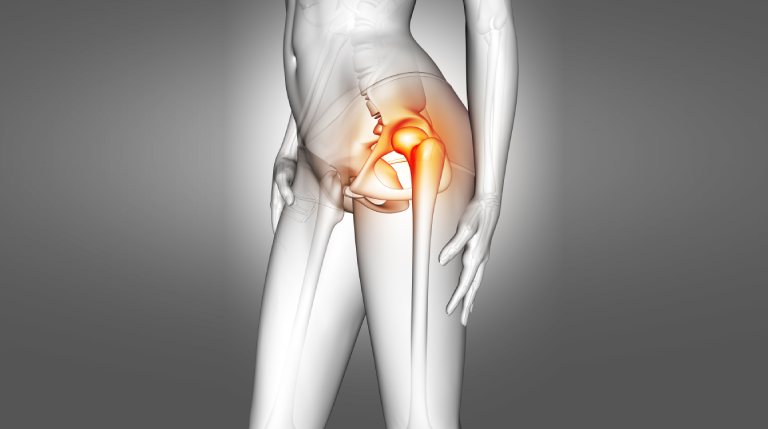Avascular Necrosis (AVN) of the hip is a condition characterised by a progressive loss of blood supply to the hip joint, resulting in bone decay and eventual collapse. An enhanced comprehension of its various stages can empower patients to seek timely intervention. This blog aims to elucidate the stages of AVN of the hip and what each stage implies.
Stage 0: Preclinical Phase
Why It’s Important:
This is the phase when the disease is not readily apparent but might be in its initial stages.
What You Need to Know:
Diagnostic tests may not reveal abnormalities, but if you have risk factors for AVN, close monitoring is advised.
Stage I: Mild AVN
Why It’s Important:
Recognising early signs can make a significant difference in treatment outcomes.
What You Need to Know:
Imaging tests like MRI may show bone abnormalities, but the hip joint remains intact.
Stage II: Moderate AVN
Why It’s Important:
The disease has begun affecting bone integrity, making immediate action necessary.
What You Need to Know:
X-rays show bone softening at this stage, and early surgical intervention is beneficial.
Stage III: Severe AVN
Why It’s Important:
The condition has progressed to a critical point where the joint starts to collapse.
What You Need to Know:
Surgical options like bone grafting or osteotomies might be considered to salvage the joint.
Stage IV: Advanced AVN
Why It’s Important:
At this stage, the disease affects not just the bone but also the cartilage, making the condition severe.
What You Need to Know:
Total hip replacement might be the most effective treatment option at this advanced stage.
Dr. Yugal Karkhur on the Stages of AVN of the Hip
Dr. Yugal Karkhur, a seasoned orthopaedic doctor, specialises in joint conditions, including AVN of the hip. With a career spanning over 12 years, Dr. Yugal employs the most up-to-date diagnostic methods to identify the stage of AVN precisely. His multidisciplinary approach ensures comprehensive patient care, blending surgical and non-surgical treatment options tailored to each stage of the disease.
Disclaimer: The content of this blog is intended for educational purposes and should not be considered a substitute for professional medical advice. For personalised healthcare recommendations, please consult a specialist physician. The results of treatments vary from person to person.

